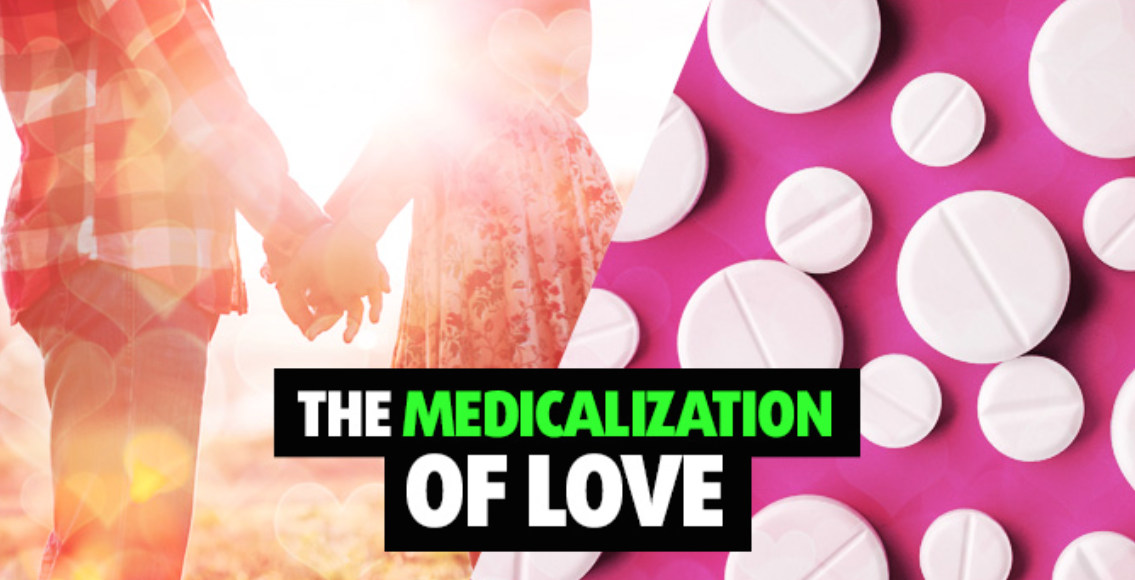“The medicalization of love” – podcast interview
Just out today is a podcast interview for Smart Drug Smarts between host Jesse Lawler and interviewee Brian D. Earp on “The Medicalization of Love” (title taken from a recent paper with Anders Sandberg and Julian Savulescu, available from the Cambridge Quarterly of Healthcare Ethics, here). Below is the abstract and link to the interview: Abstract What is love? A… Read More »“The medicalization of love” – podcast interview


